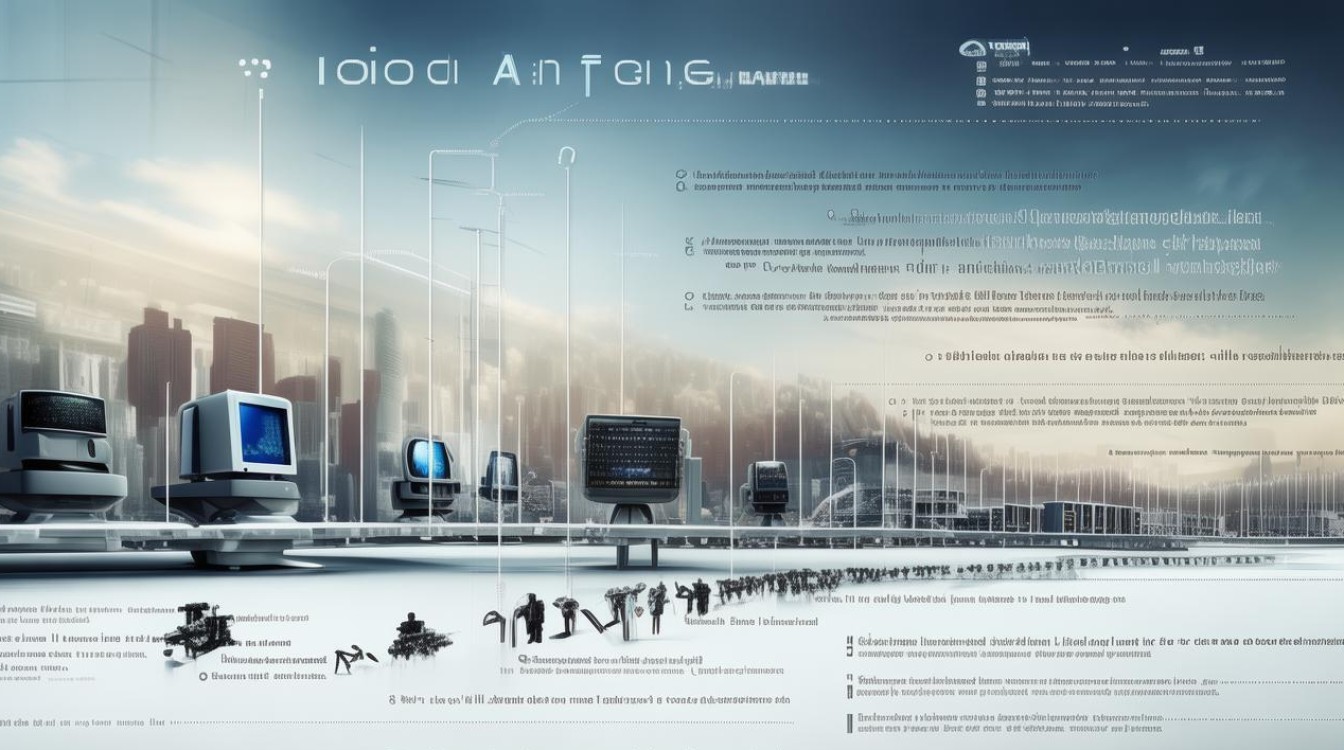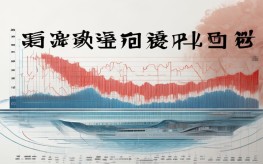Artificial intelligence (AI) has transformed from a theoretical concept to a driving force behind modern technological advancements. Its applications span industries, from healthcare to finance, and its rapid development continues to reshape how we interact with machines. This article explores key AI technologies, recent breakthroughs, and data-driven insights into its global impact.
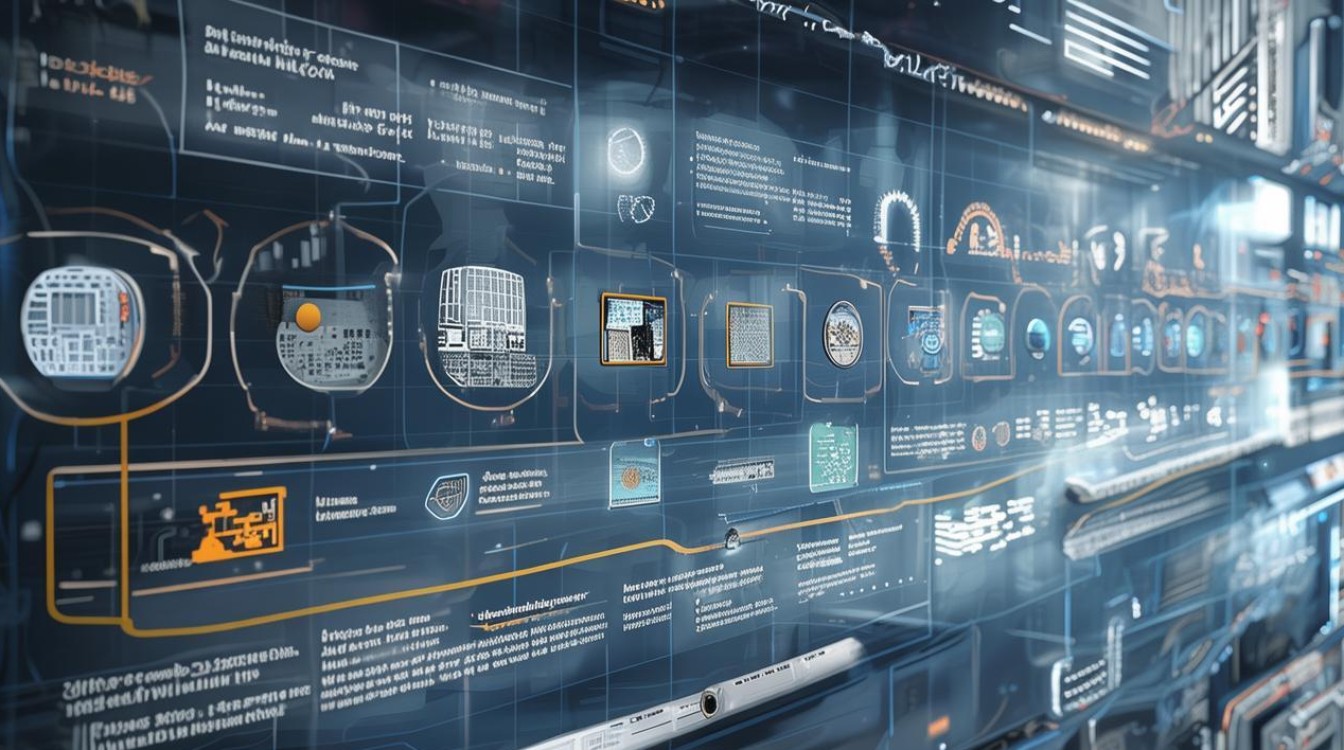
Core AI Technologies
Machine Learning (ML)
Machine learning enables systems to learn from data without explicit programming. Key approaches include:
- Supervised Learning: Models trained on labeled datasets (e.g., spam detection).
- Unsupervised Learning: Pattern recognition in unlabeled data (e.g., customer segmentation).
- Reinforcement Learning: Systems learn through trial and error (e.g., AlphaGo).
Natural Language Processing (NLP)
NLP allows machines to understand and generate human language. Breakthroughs like OpenAI’s GPT-4 and Google’s BERT have revolutionized chatbots, translation, and content creation.
Computer Vision
AI-powered image and video analysis enable applications like facial recognition (e.g., iPhone Face ID) and autonomous vehicles (e.g., Tesla’s Autopilot).
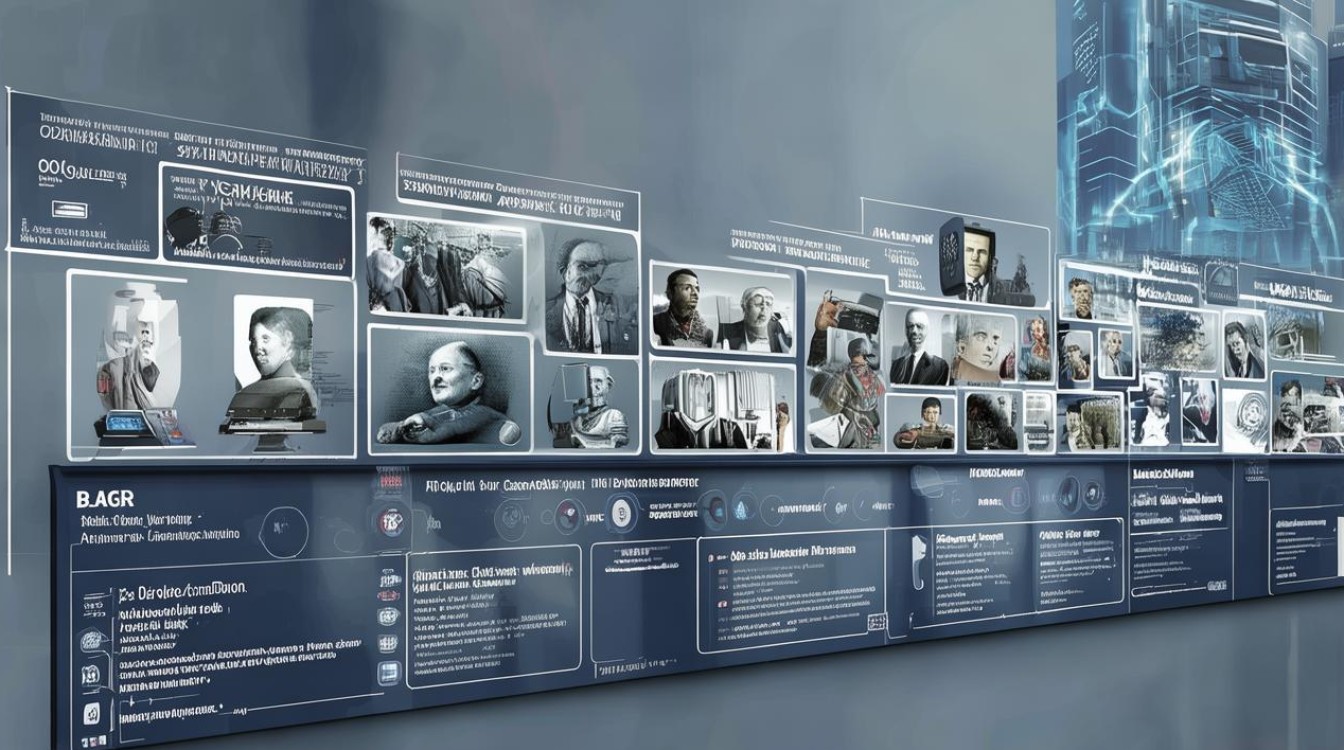
Latest AI Developments (2023–2024)
Recent advancements highlight AI’s accelerating progress:
| Breakthrough | Organization | Impact | Source |
|---|---|---|---|
| GPT-4 Turbo | OpenAI | Improved context understanding (128k tokens) | OpenAI Blog |
| Gemini AI | Google DeepMind | Multimodal reasoning surpassing human experts | DeepMind |
| Stable Diffusion 3 | Stability AI | Photorealistic image generation | Stability AI |
| Meta’s Llama 3 | Meta | Open-source LLM for research/commercial use | Meta AI |
Data compiled from official releases as of June 2024.
Global AI Adoption Trends
AI investment and adoption continue to surge:
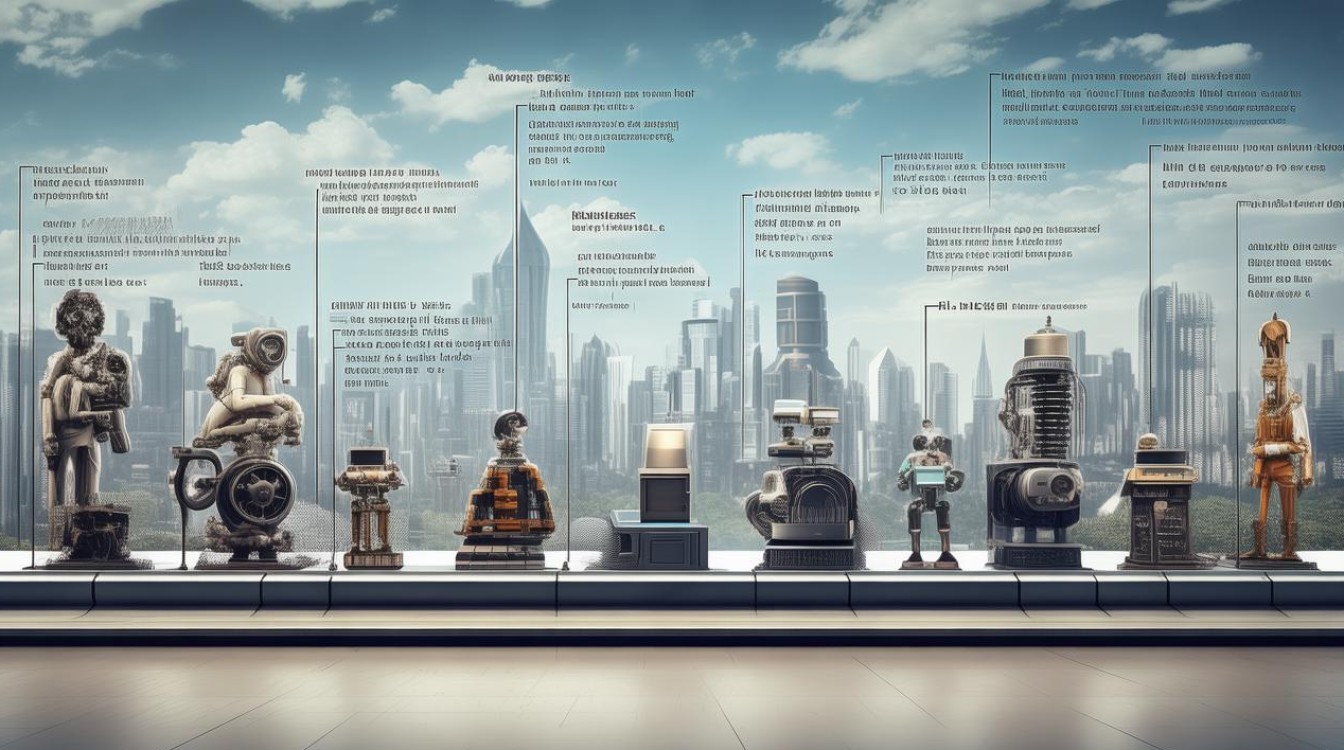
- Market Growth: The global AI market is projected to reach $1.8 trillion by 2030 (Source: Statista).
- Enterprise Adoption: 50% of companies now use AI for customer service (Source: IBM Global AI Adoption Index 2024).
- Job Market Shift: AI could automate 300 million jobs but create 97 million new roles by 2030 (Source: McKinsey).
Ethical Considerations
As AI evolves, ethical challenges emerge:
- Bias Mitigation: Algorithms can perpetuate biases present in training data. Tools like IBM’s Fairness 360 aim to address this.
- Regulation: The EU’s AI Act (2024) classifies AI systems by risk, banning certain applications like social scoring.
The Future of AI
AI’s trajectory suggests deeper integration into daily life:
- Healthcare: AI-driven diagnostics (e.g., Google’s Med-PaLM 2) could reduce errors by 30%.
- Climate Science: AI models optimize renewable energy grids, cutting emissions by up to 20%.
The next decade will likely see AI becoming as ubiquitous as electricity—a foundational layer powering innovation across sectors. Responsible development and global collaboration will determine whether its impact remains a net positive for humanity.
